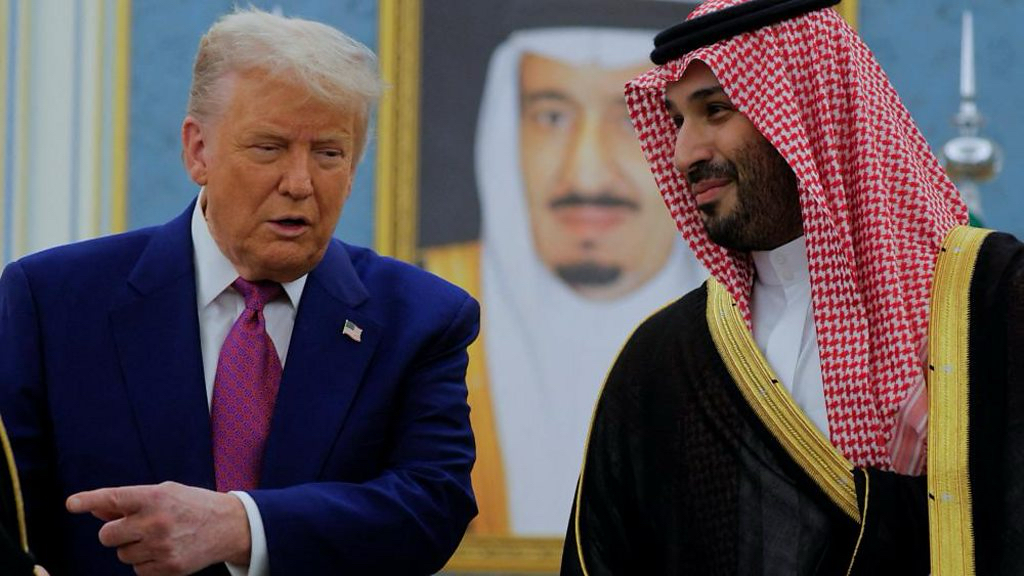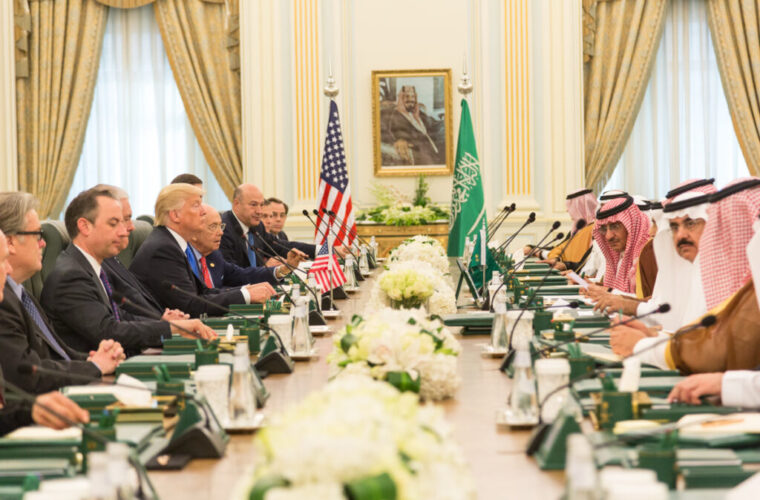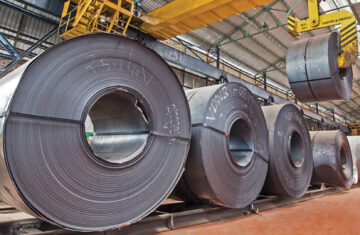On Friday, President Donald Trump concluded his Gulf tour, generating buzz with a landmark agreement between the United Arab Emirates (UAE) and the United States. The two countries have set a foundation for the UAE to procure advanced AI semiconductors from American firms, a crucial step in Abu Dhabi’s quest to establish itself as a global AI leader.
Trump underscored the importance of this agreement, stating, “This deal will create billions in business and accelerate the UAE’s ambitions in artificial intelligence.” This initiative aligns with the UAE’s broader promise to invest $1.4 trillion in the US over the next decade across sectors like energy, AI, and manufacturing.
The AI semiconductor agreement coincides with Abu Dhabi’s commitment to elevate its energy investments in the US to an impressive $440 billion by 2035, a significant increase from the current $70 billion. This investment surge is expected to generate thousands of jobs and invigorate economic growth in both nations. Sultan Al Jaber, CEO of Abu Dhabi National Oil Company (ADNOC), remarked, “Our partners have committed new investments worth $60 billion in upstream oil and gas.” The partnership in AI and energy could lead to remarkable technological innovations and promote economic diversification, which is vital for the UAE as it balances its ties with the US and China.
Trump’s Gulf tour was not purely focused on economic initiatives. His decision to lift sanctions on Syria and recognize its new government marks a significant shift in US foreign policy. This action has raised concerns among Israeli officials, as it may alter the regional power dynamics. Experts warn of potential risks associated with these decisions. Dr. Emily Carter, a geopolitical analyst, stated, “Recognizing Syria’s government without consulting allies like Israel could result in heightened tensions in the region.”

As the UAE seeks to solidify its position in AI, these recent agreements indicate a robust strengthening of US-UAE ties. The focus on technological advancement and economic collaboration promises mutual benefits for both countries. The UAE’s investment strategy emphasizes commitments in AI and manufacturing, showcasing a clear path towards economic diversification. Additionally, the collaboration with Etihad Airways, which plans to invest $14.5 billion in American-made Boeing aircraft, serves as a successful example of international partnership. Analysts anticipate that the AI semiconductor deal could yield significant advancements in healthcare, transportation, and smart city development.
In summary, Trump’s Gulf tour has opened a new chapter in US-UAE relations, defined by substantial investments and strategic collaborations. As both nations move forward, the emphasis will be on harnessing AI and energy to drive innovation and economic progress.


